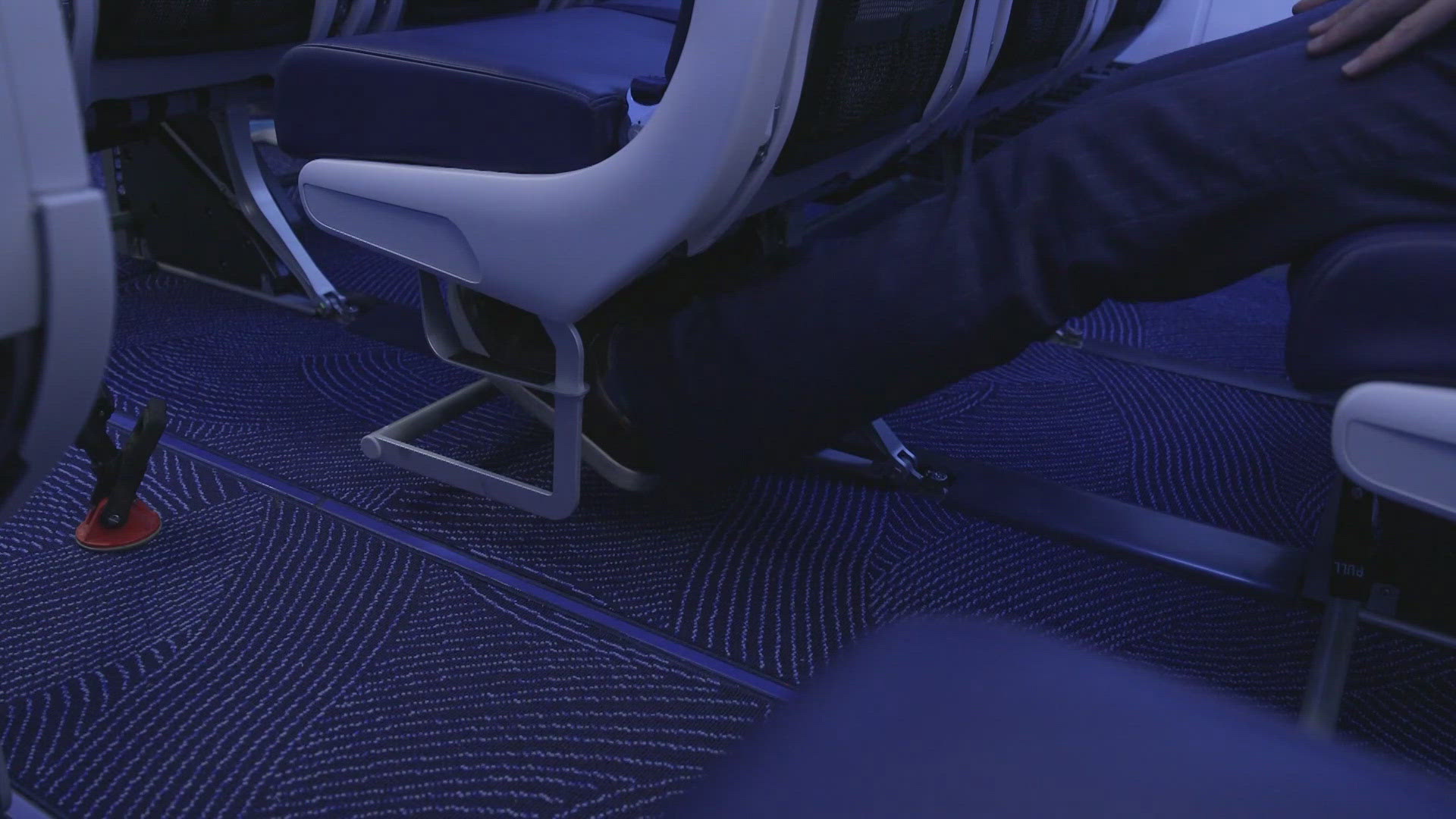No need to order dessert with this cup of coffee coming to KFC.
The cup IS the dessert.
The 100% edible cup is made from a special, wafer-like biscuit, then wrapped in sugar paper and lined with a layer of heat-resistant white chocolate.
Finger lickin' good?
It's called the "Scoff-ee Cup" and KFC is developing a range of edible cups in conjunction with the launch of Seattle's Best Coffee in its U.K restaurants. It's not yet on sale, but KFC says it hopes to bring them to some U.K. stores this year. There are no U.S. plans at this time.
"If our customers occasionally like to have their cake and eat it, why wouldn't they want to have their cup and eat it, instead? poses KFC spokeswoman Jocelyn Bynoe. She says KFC has been experimenting with edible packaging for some time to see if it could be a feasible product to bring to market in limited quantities.
No specifics, yet, on how many calories will be stuffed into the edible cup.
In concept, edible fast-food containers could appeal to consumers on several levels, says branding expert Tracey Riese. "It could fit with any number of brand positions from 'fast' (no bussing); to 'green' (no waste) to 'fun' (at least, it seems fun.)," she says.
But this is mostly aimed at environmentally-minded Millennials, who want products and packaging to leave a smaller footprint. There's a huge market for new packaging technologies that are better for the environment.
Last year, Stonyfield, the environmentally conscious organic yogurt maker, took its first baby step towards ultimately eliminating the plastic yogurt container. It rolled out a product dubbed Stonyfield Frozen Yogurt Pearls -- frozen yogurt sold inside edible, fruit-flavored packaging skins -- at a handful of Whole Foods stores in the Boston area.
One environmentalist group says it's a potential fan of edible packaging. The U.S. has an overall recycling rate of 34.5% and 51% rate of packaging recycling -- much lower than many other developed countries, says Darby Hoover, senior resource specialist at the Natural Resources Defense Council.
"Companies that make these packages have an obligation to help ensure those packages aren't wasted," she says. "Edible packaging has the potential to be a meaningful part of that opportunity."
The company making the KFC edible cups is the Robin Collective, a London-based food science specialist. The company also has worked on infusing aroma into other cups, including some that smell like coconut, fresh-cut flowers or freshly mown grass
The edible cup concept is not a perfect fit for KFC, says Riese, but, she adds, "it's not off-brand, either." She sees it more as a "promotion novelty" than a brand-building strategy.
But Riese says KFC has to make absolutely sure of one thing before rolling out the edible cup to any stores: it must work perfectly every time.
"An icky experience," she says, "would hurt any brand that brought it to market."


